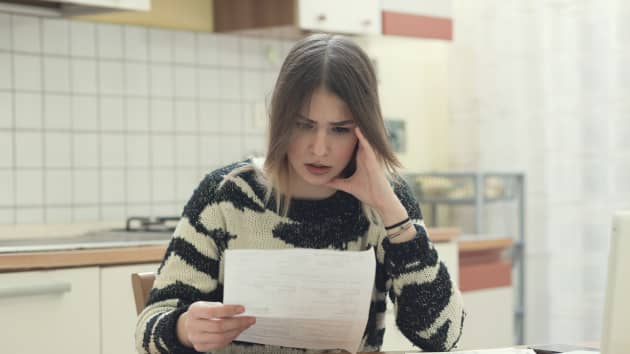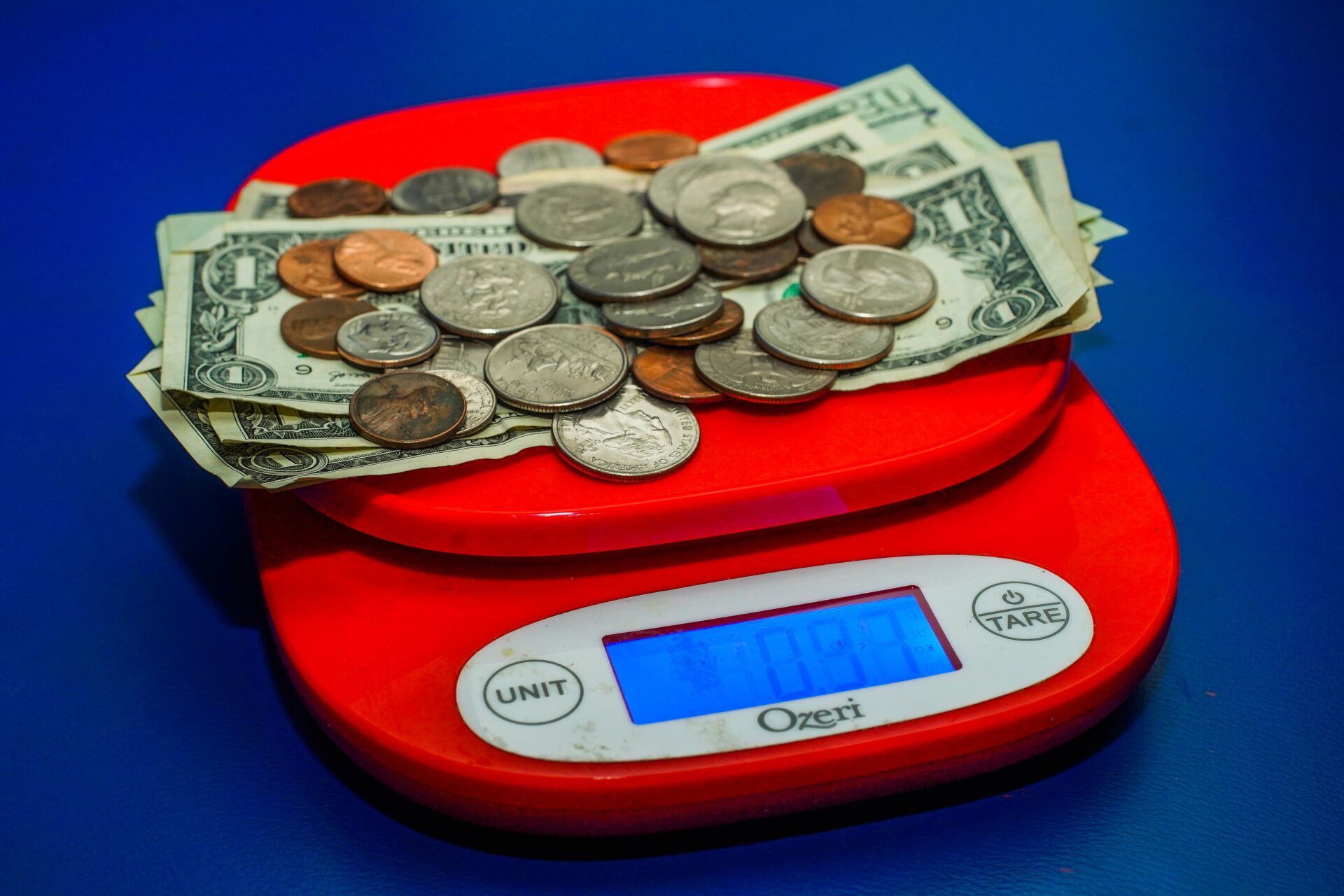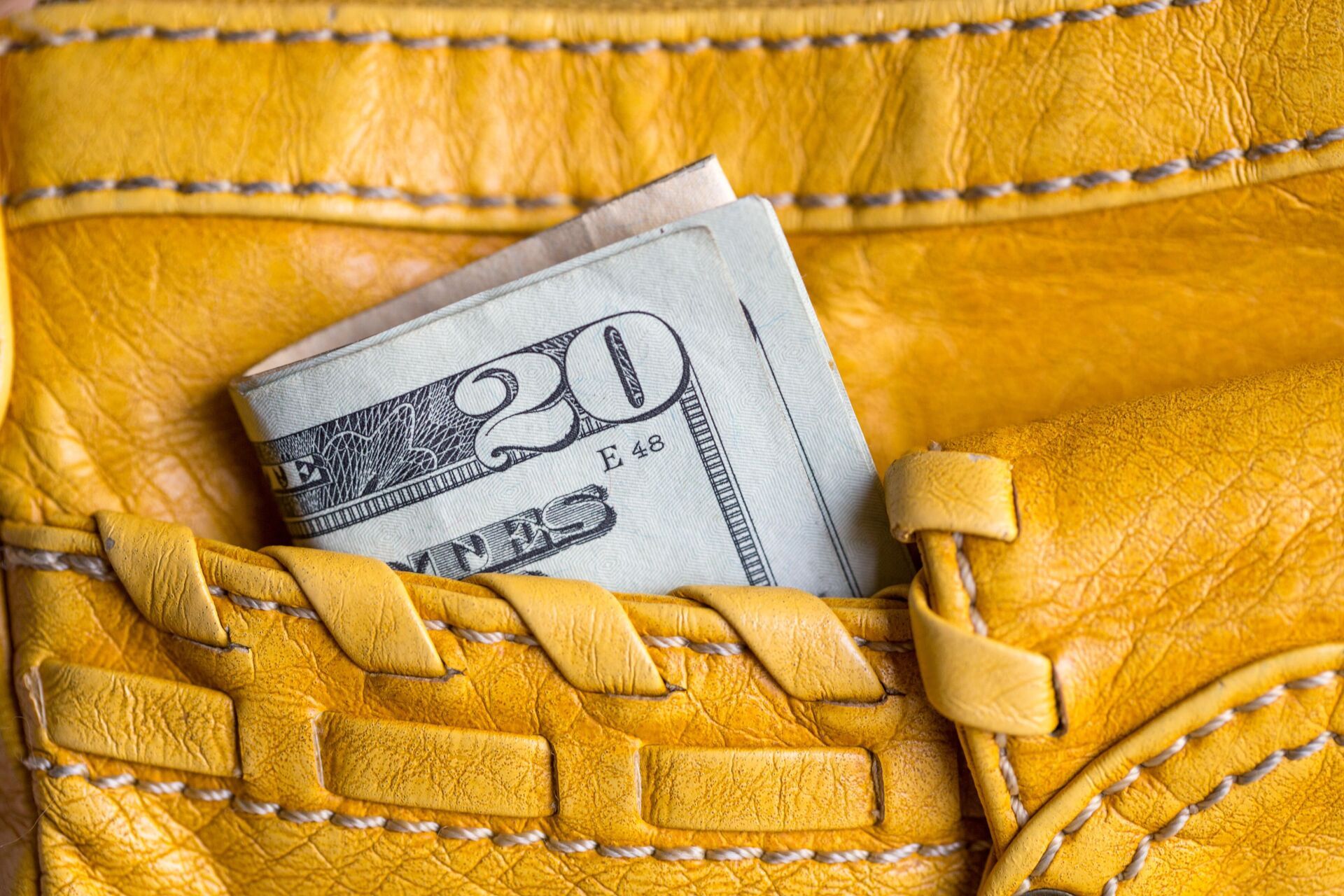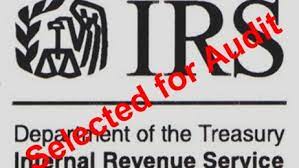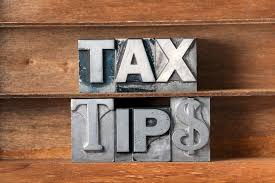Second stimulus checks and child support: Some parents can get $600 each per dependent
For both the first and second stimulus bills, some parents received duplicate payments for the same dependent child, although the rules were slightly different.

The rules for the second stimulus check changed with the $900 billion stimulus bill from December, including for people who owe and receive child support. Unlike in the first round of payments, past-due child support, aka arrears or arrearage, can't be deducted from your second stimulus check (we'll explain in greater depth below).
There is, however, one particularly lucrative loophole carried over from the first round of stimulus checks. Some unmarried parents who share custody of their child dependents may be able to "double dip" and receive two $600 payments each per child.
However, if you're one of the parents who didn't receive the money, you may have to wait until you file taxes next month before receiving the duplicate dependent payment. Keep reading for the full explanation.
One thing that didn't change in the eligibility rules for the second stimulus check is the definition of a child dependent as 16 years old or under (this may change with the next stimulus check). However, the December bill authorized payments of $600 for each child as part of the household's total, $100 more than you got last March.
So how would you and your child's other parent both get money for the same kid, and what if you didn't get as much as you think you should? We'll explain.
Is it possible for both parents to get a $600 check per child if they have joint custody?
Many parents who aren't married and share joint custody of their children actually received two payments for the same child during the first round of stimulus checks, if they alternated claiming those children on their taxes every other year.
Basically, if one parent claimed a child in even years and the other in odd years, both could've gotten checks for the same child. That's because the IRS looked at two different tax years -- 2018 and 2019 -- to determine eligibility for the first check.
For the second stimulus check, the IRS only looked to 2019 tax returns, but that doesn't mean the double-dipping loophole has been closed entirely. If you're a parent in a joint custody scenario like the one above and you typically claim a dependent child in odd-numbered tax years, you may be able to get a duplicate $600 child dependent payment as a tax credit when you file and claim the child on your 2019 tax return, similar to what you'd do if you did not receive a second stimulus check despite being eligible for one.
The second stimulus check specifically addresses overdue child support
Unlike the CARES Act, which made it legal for states to garnish the first stimulus check for people who owed more than $150 in arrears, a new rule indicates that parents can keep the entirety of their second stimulus checks even if they owe child support. In fact, the latest bill prohibits seizing stimulus checks for most kinds of debt, including from private creditors and banks.
Obviously, that also means that if you're owed child support, you will not receive money taken from your child's other parent in this direct payment.
The change is a big deal for this reason, too
When the first stimulus checks were garnished to pay past-due child support, sometimes clerical errors also took stimulus money allocated to a (new) spouse who was not the child's other parent. Stopping all seizures of stimulus check money means that these individuals would not have to reclaim their full second stimulus check funds with the IRS. Here's how they'll need to claim money mistakenly garnished from their first payment.
For more stimulus check information, here's how to calculate your second stimulus check total and here's what we know now about a third stimulus check for up to $2,000 per person.
NOTE: WE ARE ACCEPTING TAX RETURNS RIGHT NOW. CALL US TO SEND YOUR INFO VIA SECURE FILE OR DROP BY OUR OFFICE (602) 456-0427 or (602) 438-6823 or (602) 753-3322 www.AngularFinancial.com


